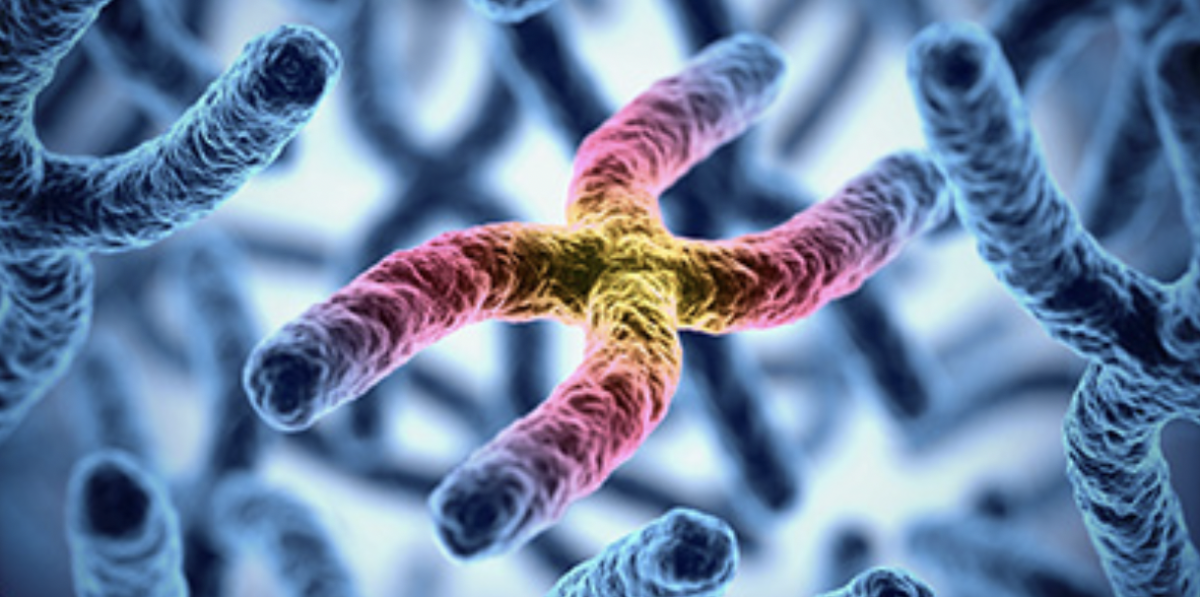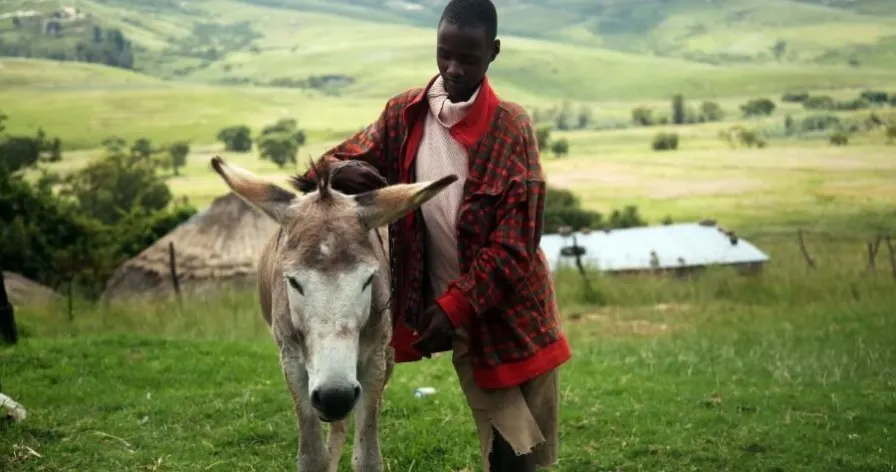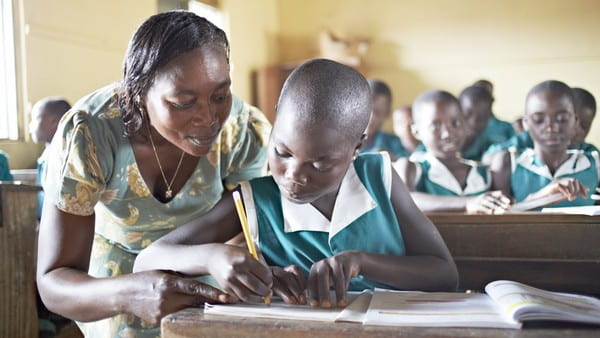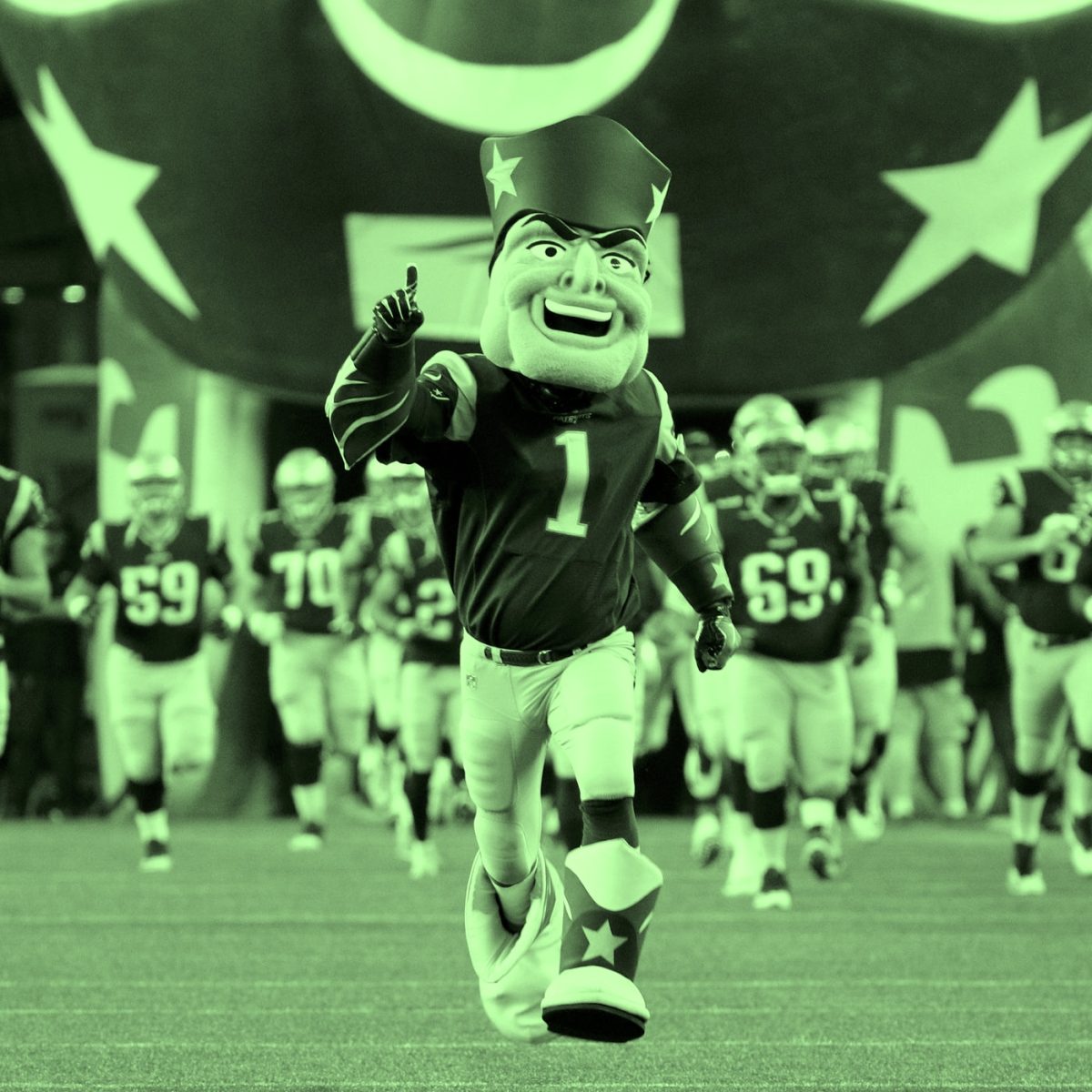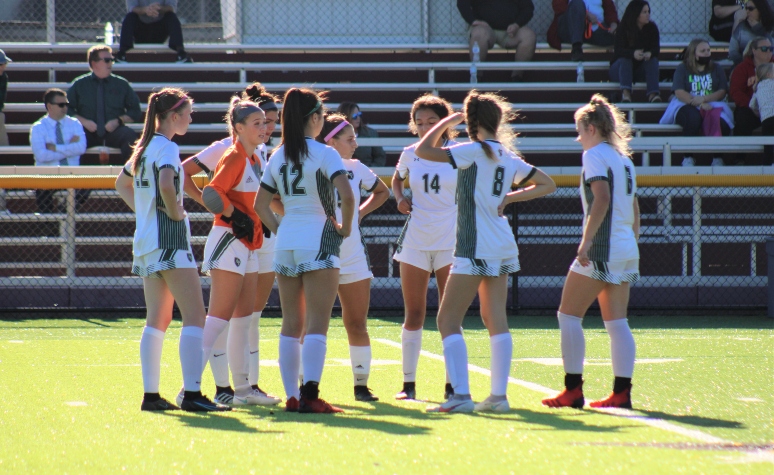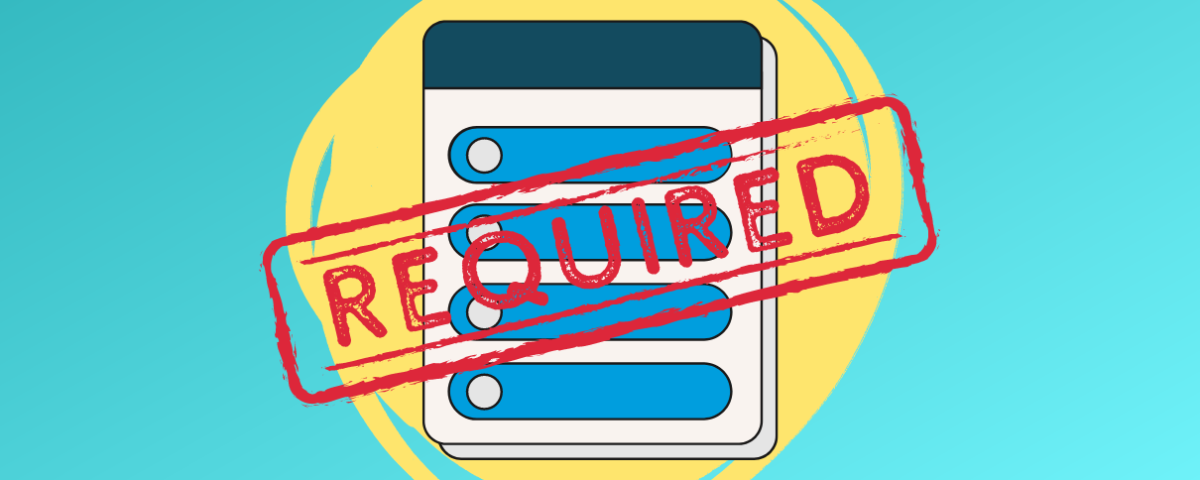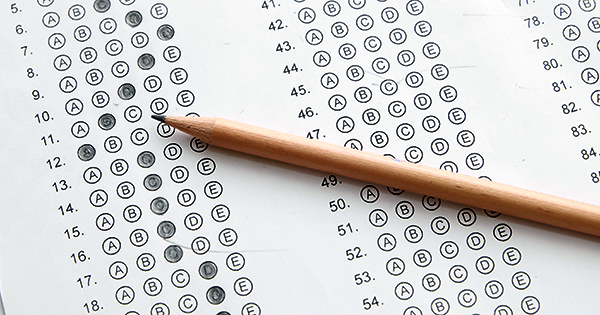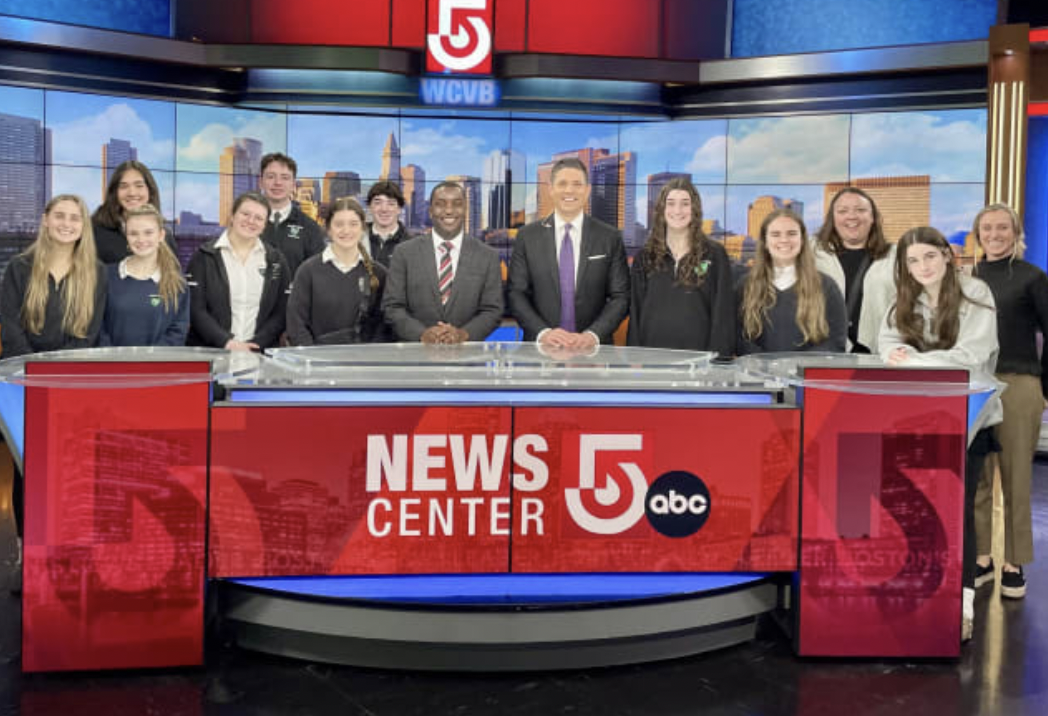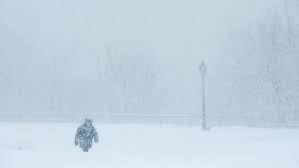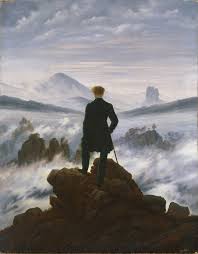Cruelty and Psychology in Mary Shelley’s ‘Frankenstein’
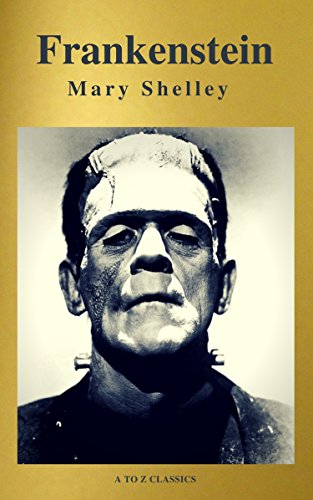
December 8, 2022
*Disclaimer: My English class named the monster Vinny, so when I refer to Vinny, I am referring to Frankstein’s monster*
Cruelty is a part of human nature; while we crave to be loved and care for others, we have a long history of hate and discrimination. We find those unlike us strange and tend to ostracize and demean them. Whether it’s appearance, race, gender, sexual orientation, or socio-economic status, we constantly separate ourselves and give ourselves the foundation for hate and cruelty. In Mary Shelley’s Frankenstein, Victor Frankenstein creates a “monster” named Vinny that is not appealing to look at and is constantly hunted and harassed out of fear. Vinny is hated wherever he goes, and when he is told he will forever be alone by Victor, he kills others in a fit of rage and revenge. In Mary Shelley’s work Frankenstein, the cruelty experienced by Vinny from humans reveals how we change when faced with cruelty and hardship, and that the abused can become the abuser.
Vinny represents the basic goodness of human nature throughout Frankenstein, from his childlike curiosity to his inherent desire to do good. Vinny describes his experience of discovering the world alone to Frankenstein, and says about his experience with fire, “…I found a fire which had been left by some wandering beggars, and was overcome with delight at the warmth I experienced from it. In my joy, I thrust my hand into the live embers but quickly drew it out again with a cry of pain. How strange, I thought, that the same cause should produce such opposite effects!” (Shelley 11). To any person, it is confusing as to why he would choose to touch the fire, as we have all been taught that while fire is warm, it will burn you if you touch it. This further shows his curiosity and naivety; no one has taught him this, so it is almost predictable that he would put his hand into the fire. He has the basic mind of a child or one of an animal, which shows that he has the essential capacity of understanding the dos and don’ts of the world. Vinny later continues on his travels and finds a small hovel near a cottage filled with a family. Vinny watches these cottagers every day and describes his early days living there, saying to Frankenstein, “I had been accustomed, during the night, to steal a part of their store for my consumption, but when I found that in doing this I inflicted pain on the cottagers, I abstained and satisfied myself with berries, nuts, and roots which I gathered from a neighboring wood,” (12). As established prior, Vinny has not been taught anything at this point, including the danger of fire and the ethics of stealing. His first instinct is to feed himself until he realizes that the food he is taking from the cottagers leaves them hungry. He can recognize that causing someone else pain is not good, and he naturally feels this way, showing that he is innately good and kind-hearted. Vinny’s natural curiosity shows that he lacks a mentor or parent to show how the world works, and his lack of such shows how his small acts of kindness are his own. This illustrates the “before”, how Vinny acted and would have been if he had not experienced further cruelty in Frankenstein.
Vinny shows the consequences of repeated abuse and abandonment through his confusion about his existence and his rage at his predicament of loneliness. Vinny, while telling Frankenstein the story of his life, describes the first time he interacted with a village, saying, “The whole village was roused; some fled, some attacked me, until, grievously bruised by stones and many other kinds of missile weapons, I escaped to the open country and fearfully took refuge in a low hovel, quite bare, and making a wretched appearance after the palaces I had beheld in the village.” (12) Vinny doesn’t realize that the way he looks will impact the way others treat him. While he understands that he looks different than other men he has seen, he doesn’t truly grasp how different and unappealing he is to look at by the villagers. The villagers base all of their judgments of Vinny on his appearance, which we often do today. They choose to shun him instead of letting him into their lives, which is a constant for Vinny throughout his life. This cruelty that he experiences set the precedent that he will forever be alone, and the only one of his kind. The mental effects of this mindset are known as learned helplessness, when one knows that pain or damage will be continuously inflicted on them no matter what, so one refuses to keep fighting it. This utter hopelessness and despair are incredibly damaging to our mental health, increasingly so to Vinny as he has no support system. Later, Frankenstein agrees to make Vinny a wife, but while Vinny watches, changes his mind and destroys his new creation. Vinny responds furiously, saying, “Shall each man,” cried [Vinny], “find a wife for his bosom, and each beast have his mate, and I be alone? I had feelings of affection, and they were requited by detestation and scorn. Man! You may hate, but beware! Your hours will pass in dread and misery, and soon the bolt will fall which must ravish from you your happiness forever. Are you to be happy while I grovel in the intensity of my wretchedness? You can blast my other passions, but revenge remains…” (20) The true final cruelty experienced by Vinny is when Frankenstein confirms that he will forever be alone. Now Vinny vows his revenge: if he will not be happy, then Frankenstein won’t either. In some ways, this is a natural thing; we seek for others to feel and sense our pain, and when they don’t, we feel as if we have been disregarded and wronged. Vinny has been shown no kind examples or shown kindness himself, so he learns that the only way to find some peace of happiness is through violence and pain. This is also present in child psychology through something known as the violence viewing effect, where when children see violence on TV as unpunished and/or shown no pain from the party it was inflicted on, they are more like to divulge into violent urges in real life, such as physical fights, or at worst, the Columbine shootings. While Vinny started life with child-like innocence, the cruel and abusive nature that he has experienced because of his appearance has caused him to turn to violence as the only way that he can express his feelings of neglect.
Vinny shows the aftermath of abuse by becoming the abuser and ending multiple lives. As Vinny travels through the countryside in rage after being kicked out by his beloved cottagers, he comes across a boy. The boy says his name is Frankenstein, and Vinny is sent into a rage, saying to Victor, “The child still struggled and loaded me with epithets which carried despair to my heart; I grasped his throat to silence him, and in a moment he lay dead at my feet. I gazed at my victim, and my heart swelled with exultation and hellish triumph; clapping my hands, I exclaimed, ‘I too can create desolation; my enemy is not invulnerable; this death will carry despair to him, and a thousand other miseries shall torment and destroy him.’”(16) The feelings Vinny now knows best are rage and despair, and he knows exactly how to inflict that onto others. He fully understands what it feels like to be abandoned and alone, so in his revenge on Frankenstein, he seeks to bring Frankenstein into the world he was brought up in, one of sorrow, confusion, and pain. While Vinny is not entirely human, he possesses the human psyche, making his motives and actions more understandable to readers. His motives are primal and understandable; I have been wronged, so you must pay for it. We see this in criminals such as serial killers, those who have most likely abusive environments, and some form of untreated mental illness or disorder. Many killers take their rage out on those who resemble those who have hurt them or possess a similar trait. The more we blend the actions of Vinny and the actions of others, we find that revenge is our very first urge, and at a certain point, our only choice. Towards the end of the book, Vinny boards the boat where Victor Frankenstein has died after becoming ill in the Arctic. He was chasing Vinny in a bid for revenge after Vinny killed his wife and childhood friend, Elizabeth, his best friend, and indirectly his father. Vinny, speaking to the Captain of the ship, says about himself, “But it is true that I am a wretch. I have murdered the lovely and the helpless; I have strangled the innocent as they slept and grasped to death his throat who never injured me or any other living thing…You hate me, but your abhorrence cannot equal that with which I regard myself. I look on the hands which executed the deed; I think on the heart in which the imagination of it was conceived and long for the moment when these hands will meet my eyes when that imagination will haunt my thoughts no more,”(24). While Vinny has degraded himself to murder, he is aware that this was wrong. He still has the basic moral compass that many killers lack, differentiating him from those such as Ted Bundy and John Wayne Gayce. However, it seems that he was simply unable to stop himself from committing such crimes, which is common in those who become killers; the feeling of justice and retaliation is a powerful one. Vinny’s experiences with hate and violence shaped the way that he dealt with his emotions, leading to the deaths of innocents and the destruction of a once pure soul.
Throughout Frankenstein, Vinny changes from a curious individual with a child-like mindset to a being that is motivated by death and revenge. Through looking at his life, it becomes clear that the cause of this is the cruelty he has experienced from others. As mentioned before, the urge to kill was not always present, as his “imagination” of such crimes was never even a concept to him. Through repeated torment, abandonment, and cruelty, Vinny adapted and used cruelty and murder to express and realize his feelings. He simply did what he was taught and thought was his only option. It is not possible to expect someone with a childlike psyche to not copy and imitate what they see, so his return to violence is an expected one. While not all people who suffer abuse become abusers, many do as it is the only way they know how to function. The only life Vinny had ever known was one of hate and terror, and his story tells us all that words and actions are more powerful than the deadliest weapons.
